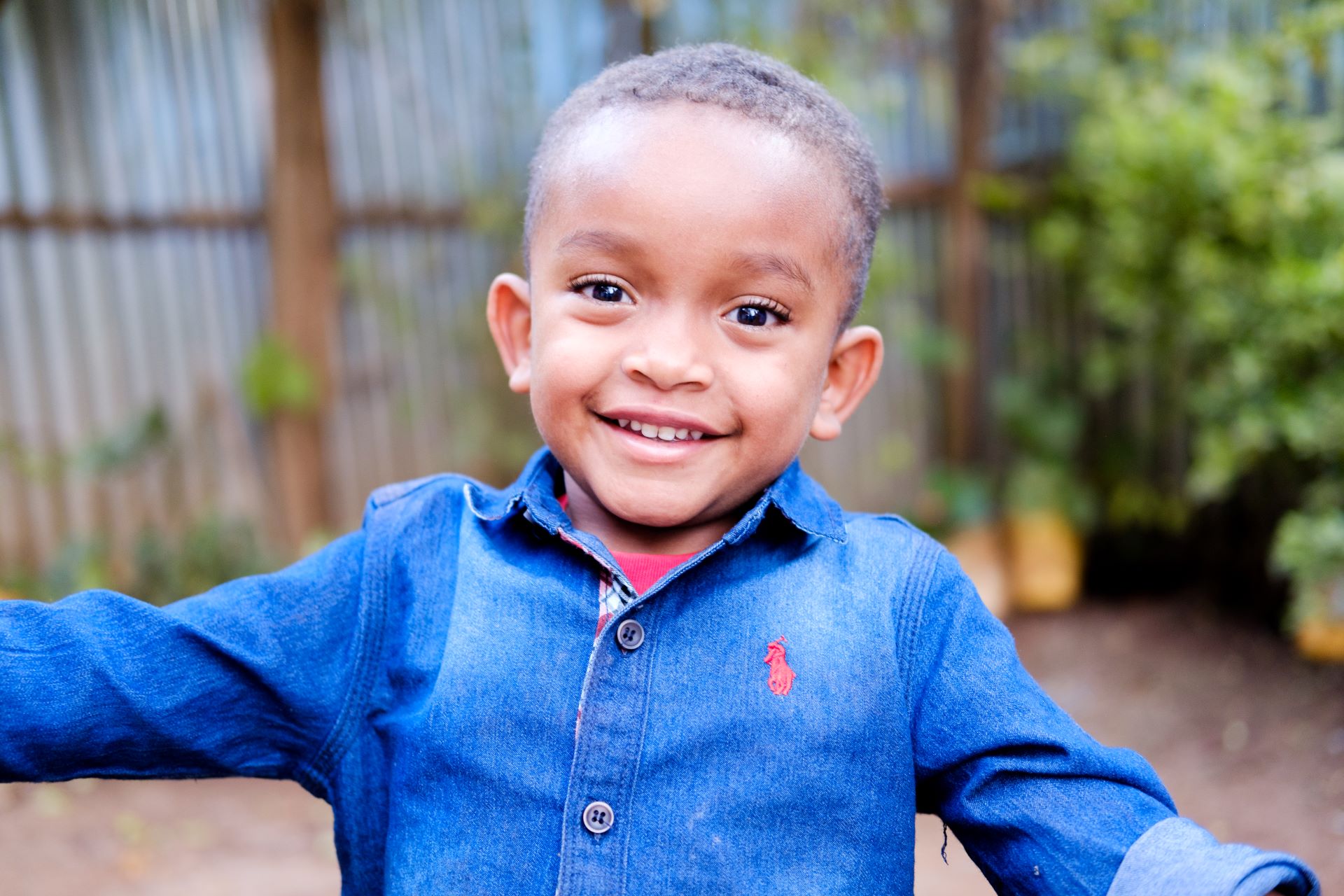Jimma is Ethiopia’s largest southwestern city. Like much of Ethiopia it has a large population of young people. With strong social stigmas around children born out of wedlock and a young demographic, child abandonment is a daily occurrence.
“Babies are abandoned at hospitals. They are left at police stations. They are put on the side of the road,” says Mr. Jaleta, Programme director at SOS CV Jimma. “They are even placed outside the fence of our SOS Children’s Village. We find them and report it to police.”
Government statistics suggest that mothers, many unmarried or teenagers, abandon babies at a rate of two to three a day in Jimma.
Throughout Ethiopia, SOS Children’s Villages have been working tirelessly not just to change the lives of individual children, but to change and improve the entire foster care system.
SOS Children’s Villages Ethiopia are one of many NGOs working with the Ethiopian government to create safe and supportive foster care programmes. Working with the Child Welfare Office, SOS have helped place over 150 children with loving foster families since 2015 and aim to increase this number dramatically over the coming years.
Meet the parents
Maza and Abebe
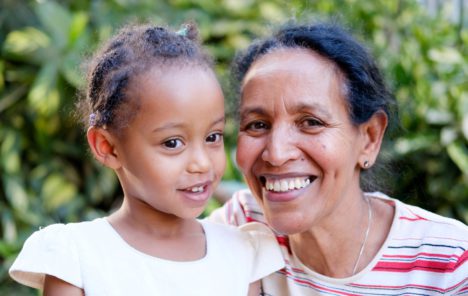
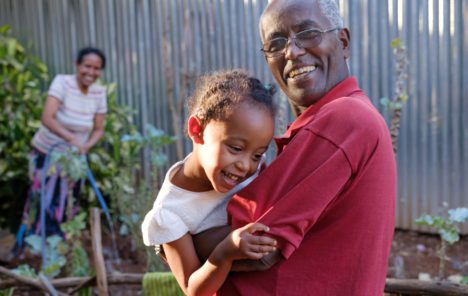
Maza and Abebe had always wanted another child so that their biological daughter would have a brother or sister. Their foster daughter was just a baby when they took her in, after her mother gave birth at a hospital and fled.
Maza sits at small table with her foster child, Marcia*, now three years old, and watches as she builds a puzzle.
“She’s so smart,” says Maza. “I want my daughter to get a good education so she can support herself and be self-reliant. I’d like her to become a doctor so she can help others, like I try to help others.”
Marcia’s foster father, Abebe, says with the guidance of the SOS caregiver and additional support, the little girl has flourished. “I am very happy because the child has benefited from our care,” he says. “I am definitely very happy.”
Weliya and Teshome
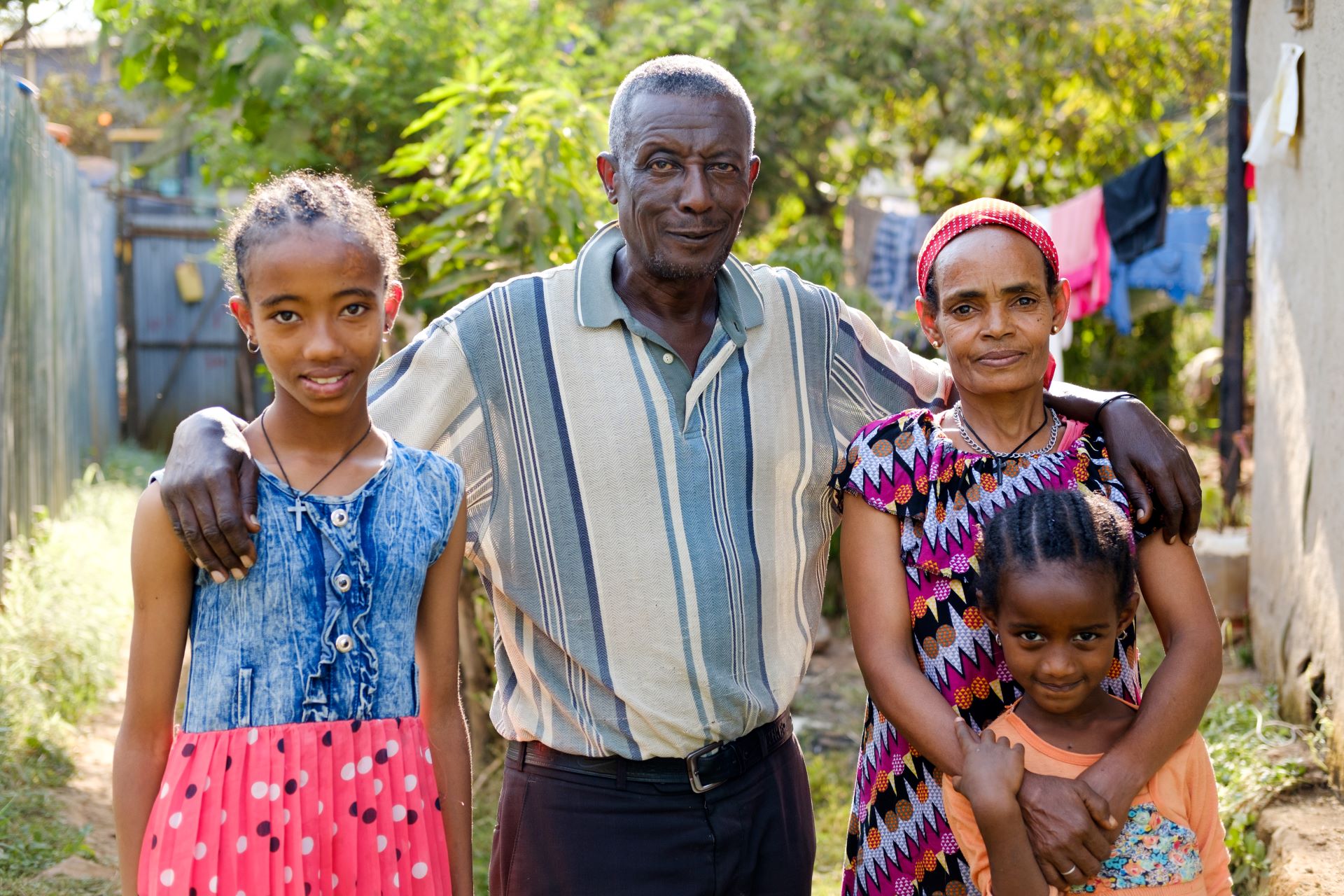
Weliya and her husband, Teshome, heard about the high number of abandoned children in their community, and they wanted to help.
“Children are not meant to be abandoned or thrown away,” says Teshome. “Someone needs to care for them.”
The couple became one of the first foster families in Jimma. In 2012, they opened their home to *Meti who was three years old at the time. Later they took in *Hawi, their niece, after Weliya’s sister passed away. The girls are now eight and seven years old.
SOS supports the family, paying school fees, offering parenting advice, and providing a food and healthcare allowance.
Weliya now tries to convince others to become foster parents by sharing some of the simple joys. “I love how we all laugh together,” she says, “and I love that they consider us their parents”.
Tadele and Bogalech
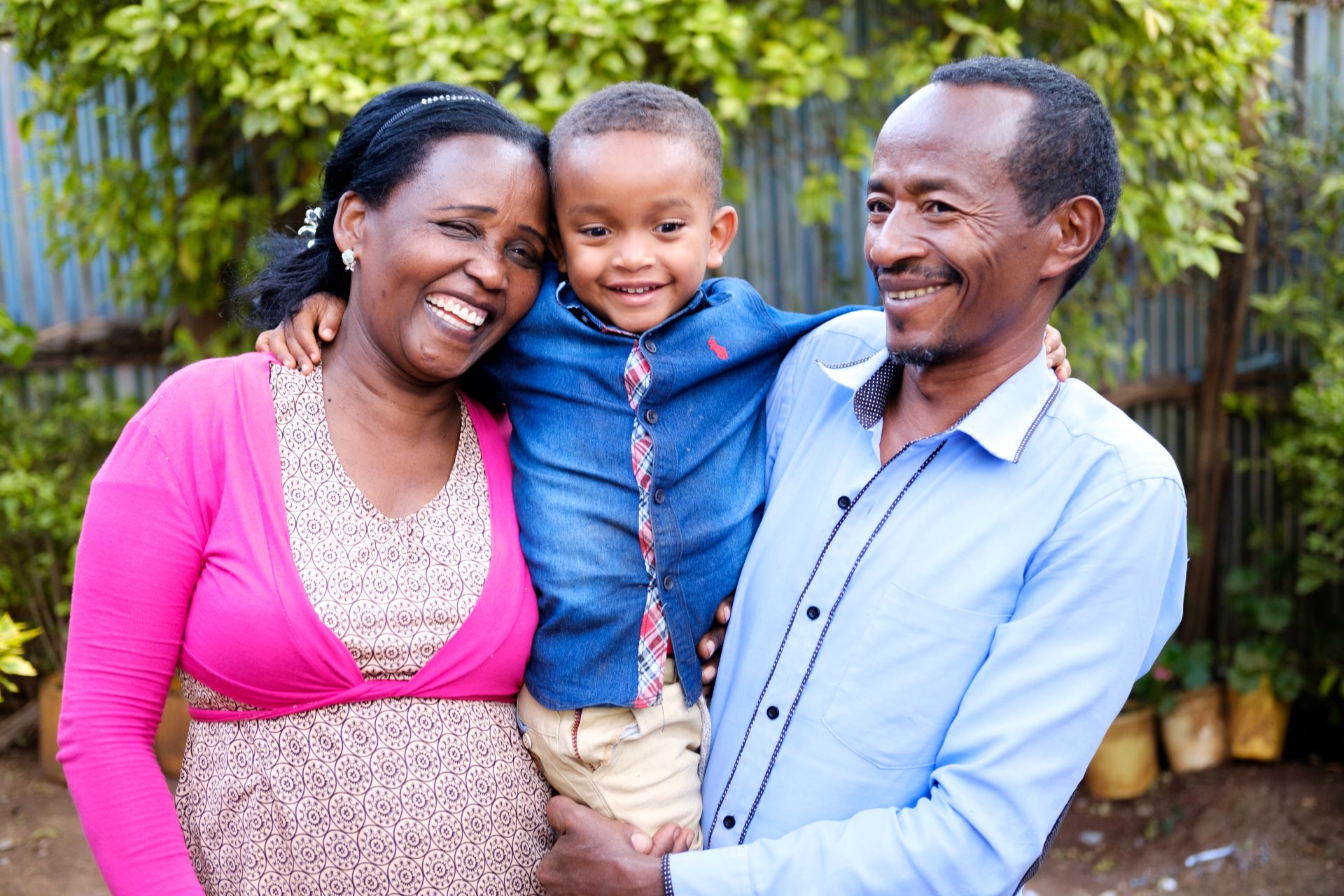
Tadele and his wife, Bogalech always wanted to become parents. Unable to conceive, the couple decided to become foster parents. With the help of the Child Welfare Office and SOS Children’s Villages Jimma, the couple prepared to expand their family.
Not long after, they received word that a mother had left a baby boy behind at a local hospital.
The family receives ongoing support from SOS Children’s Villages. An SOS social worker and Aunt regularly visit to check in and offer advice. The family also receive parenting classes and a food and healthcare allowance.
Tadele is particularly grateful for the advice and support from the SOS Aunt.
“I want to give my son everything he needs,” Tadele says. “I want to raise him to be an educated person who can support his family and play a role for his country.”
Tadele believes that what is most important as a foster parent, is to give his son care, protection, and unconditional love.
“When I see my son, I’m so glad,” Tadele says. “When I come home and he greets me, I feel I am a father, I have a child, and that makes me very happy.”
